Gender & Queer Studies, Advanced Feminism, and Diversity Studies are inter- and transdisciplinary fields that focus on a critical reflection of power processes in society, art, and science that produce inequalities.
In the sense of a critical art practice, it is not only necessary to question and challenge (traditional) norms (e.g. in the respective canon of disciplines or repertoire), but also to critically counteract/transform/overcome/confront in particular the forms of practice of musicians, actors, directors and artists with regard to power and domination relations, (traditionally handed down) role assignments or gender-semanticized attributions and expectations in a historically researching and artistically active way.
In this regard, Gender & Queer Studies, Advanced Feminism as well as Diversity Studies as an interdisciplinary/transdisciplinary cross-sectional perspective in each discipline offer diverse, local as well as global, critical access/connection points that are of fundamental importance for the understanding of science, art and visual, auditory and also media cultures as well as for their practice/execution/design.
The methods and content of these disciplines should become integrated components of research and teaching, development and access to the arts, and the Third Mission.
Research understanding
Scientific as well as artistic research in the field of Gender & Queer and Diversity Sudies and/or Advanced Feminism at the Mozarteum University follow this understanding:
- One's own artistic and/or scientific practice is understood as research in a defined research context,
- theoretical concepts and terms are reflected upon against the background of structural and historical change,
- The research questions addressed are contoured by a critique of normativity and/or recognize intersectional contexts.
- Reflection of gender-specific power and domination relations, gender roles, forms of desire, etc., and/or
- Analyzing the construction, deconstruction, and reconstruction of aspects of identification (gender, desire, race, class, religion/worldview, age, disability, etc.) in visual, scenic, performative, music-related, and/or pedagogical forms/artistic processes.
Research Grants for Students & Faculty
Completed outstanding student theses and qualification projects that correspond to this understanding can be awarded the GenDivers Prize by the Institute for Equality and Gender Studies. In addition, the Institute for Equality and Gender Studies supports students' project ideas on issues in the fields of Gender & Queer Studies, Advanced Feminism as well as Diversity Studies with a grant for artistic/scientific projects. In order to facilitate the publication of finished manuscripts, articles, etc. on relevant topics, the Institute for Equality and Gender Studies also offers support for printing and publication costs (cf. Current Calls)
Teaching
In addition to the regular course "Introduction to Gender Studies", teaching focuses on biographical research, taking into account the conditions of socialization from the perspective of gender (role) research. In order to support individual profile building, the IGGS also offers the study supplement GENDER | DIVERSITY | ARTS (see below). Evidence of one's own gender competencies can be considered an important factor in terms of employability.
The integration of questions, scientific/artistic approaches and findings of gender-queer-feminist and/or diversity-sensitive research into university teaching can/should be done by all teachers themselves, but is gladly supported by the Institute for Equality and Gender Studies through the following offers, among others:
- The members of the IGGS are always available for consultation regarding possible contents as well as their conceptual implementation in courses and can also be invited as speakers.
- The IGGS offers the possibility to invite external scientists, artists or experts working in the field for guest lectures/workshops/presentations for the thematic expansion of own courses. For this purpose, the usual costs for fees, travel and accommodation - according to the regulations applicable at the Mozarteum University - can be covered or partially financed (cf. Current Calls)
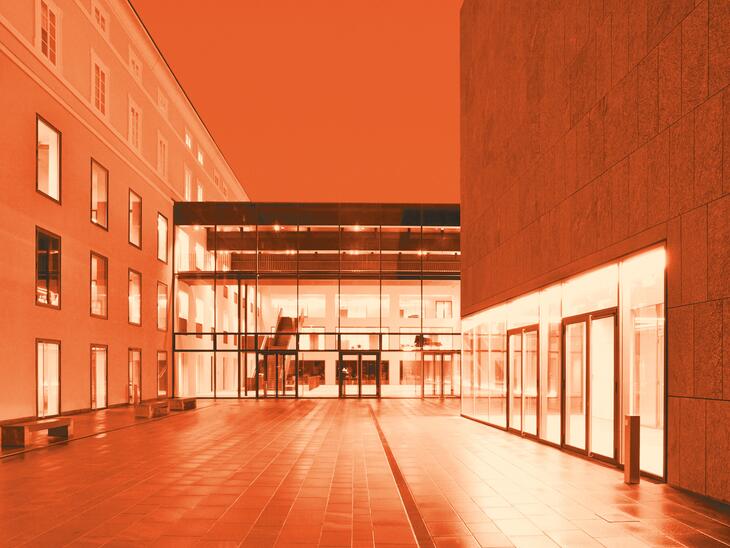
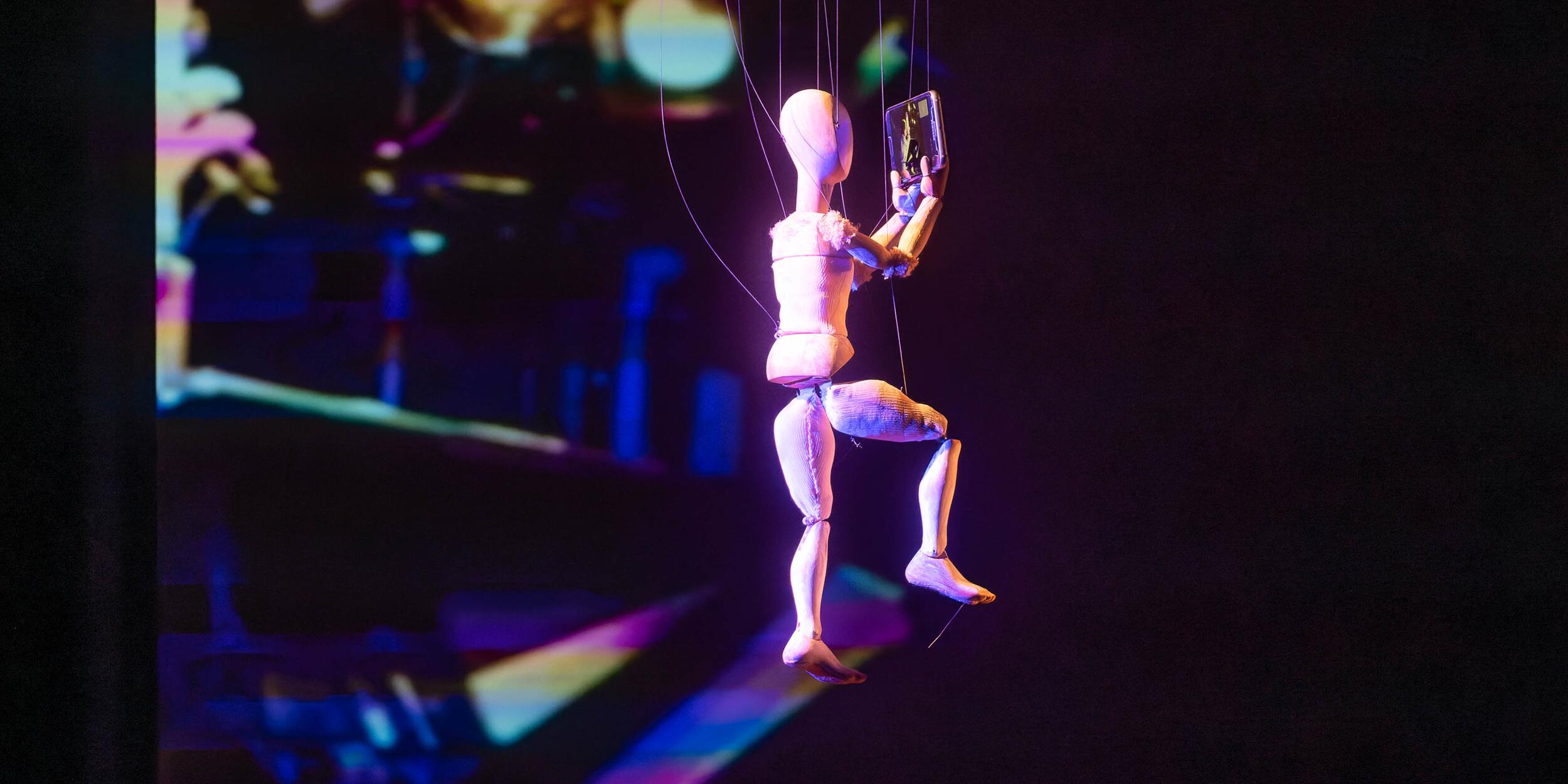
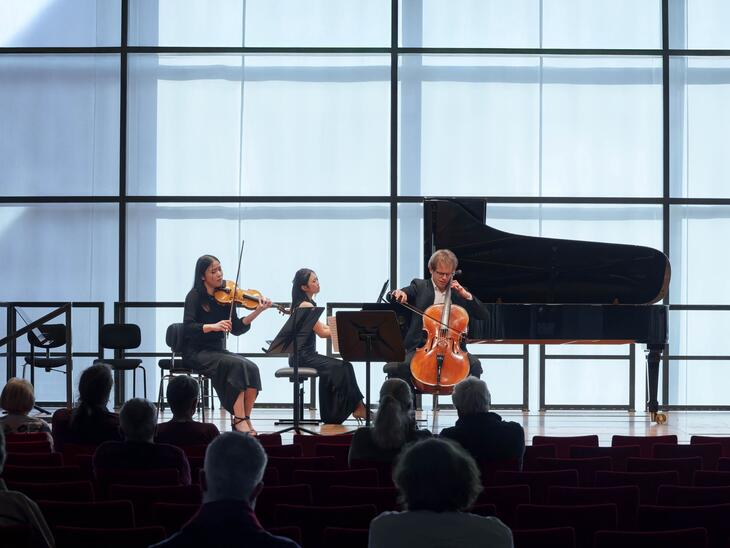
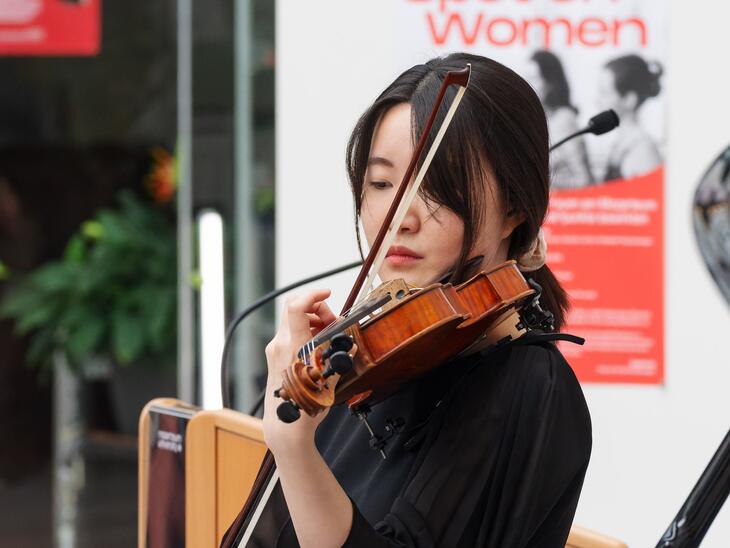
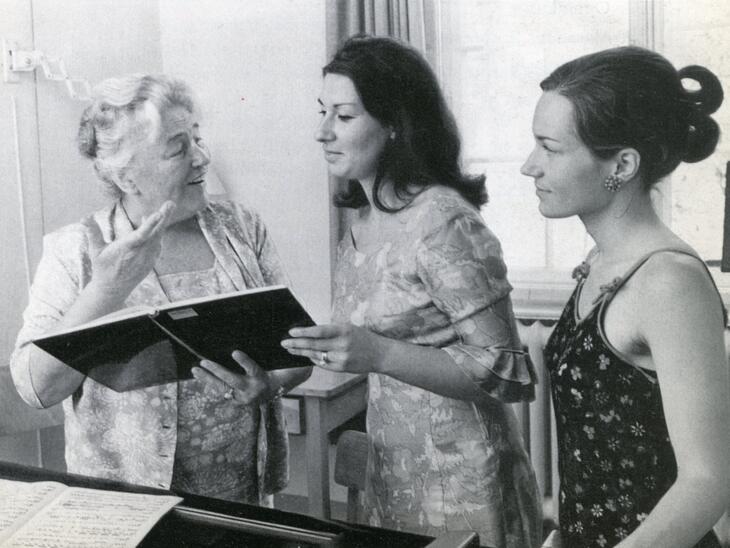
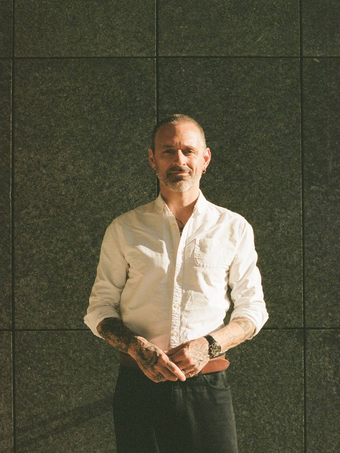
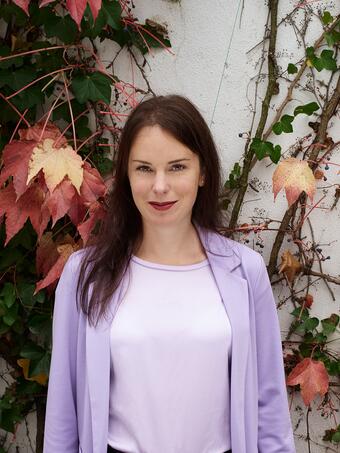
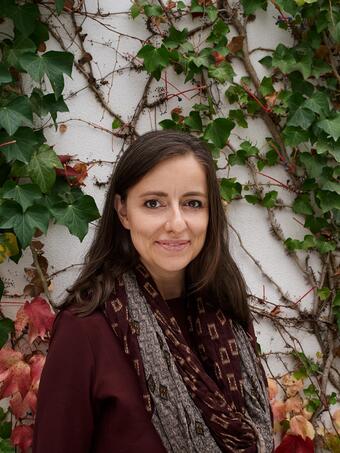
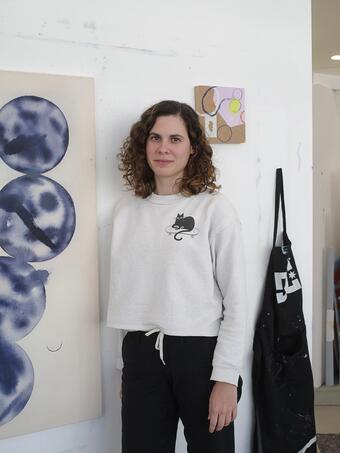
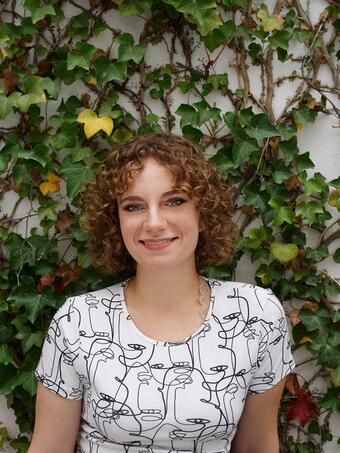
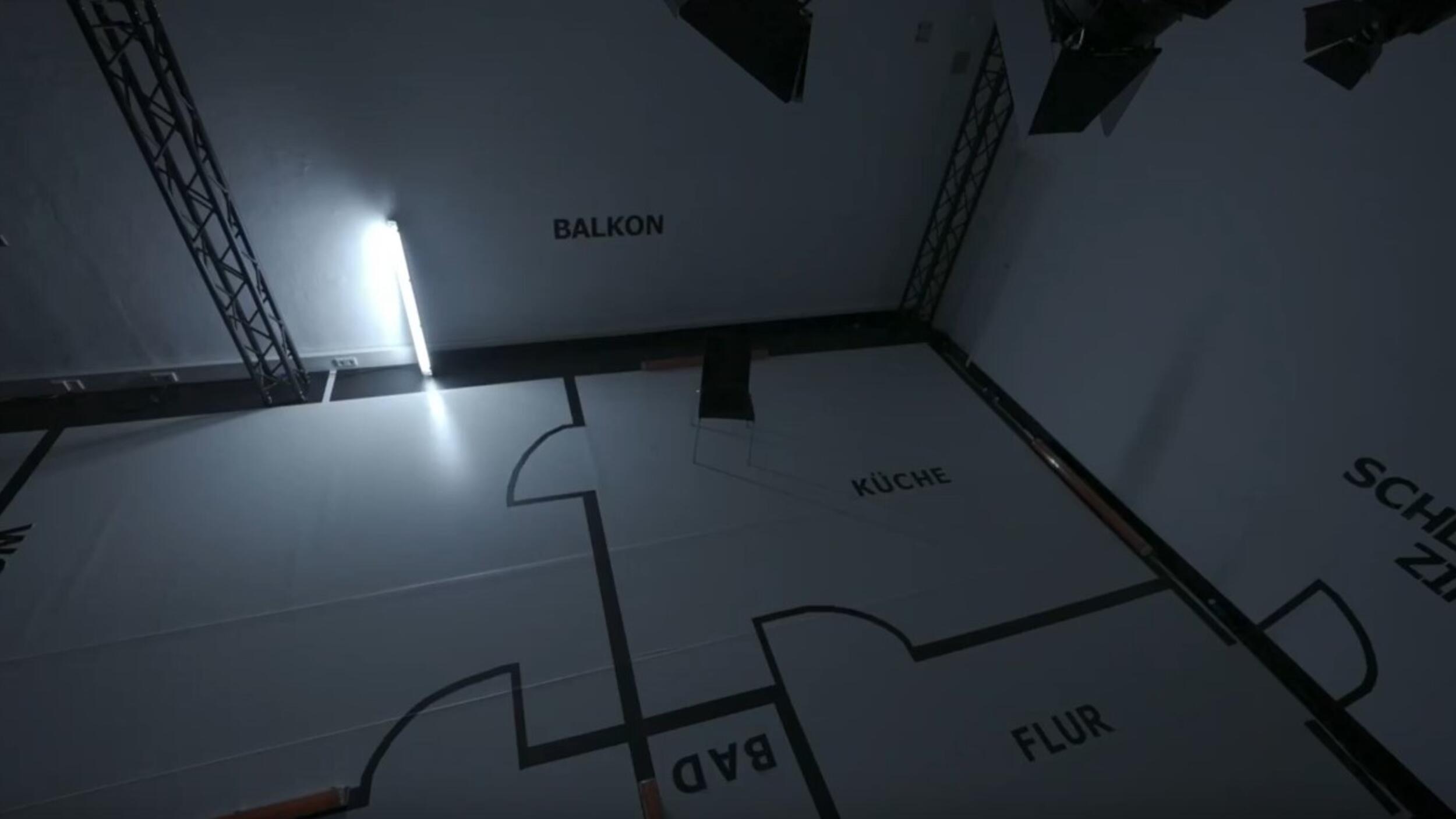
Social Justice
Under this title, the Institute for Equality and Gender Studies bundles its events, which essentially take into account three different missions of an art university:
In terms of content, these different formats are united/connected by the basis on the principles of (radical) intersectionality as well as the effort to take up debates on current feminist movements, while at the same time using the historical legacy of Advanced Feminism, Gender Studies and Queer Theory to address sexuality and gender relations again, from an ethical perspective. With a critical stance toward all relations of production, the events aim to contribute to the dismantling of discrimination within the university and beyond, promoting social justice through access to democratic participation and the equal distribution of wealth and privilege for all.
Social Justice offers suggestions on how gender/queer studies can be expanded specifically in the arts. At the center of aesthetic reflection, the events focus on emancipatory changes in form that are constitutive of all social processes based on equality. They aim to raise awareness of processes of listening, performing and narrating as well as of analyzing, researching and differentiating. In addition to people from the University Mozarteum Salzburg, transnational experts* are invited to enrich the discourse location Salzburg with new perspectives and critical positions and to deal with ideological hierarchies, elitism and social exclusion.